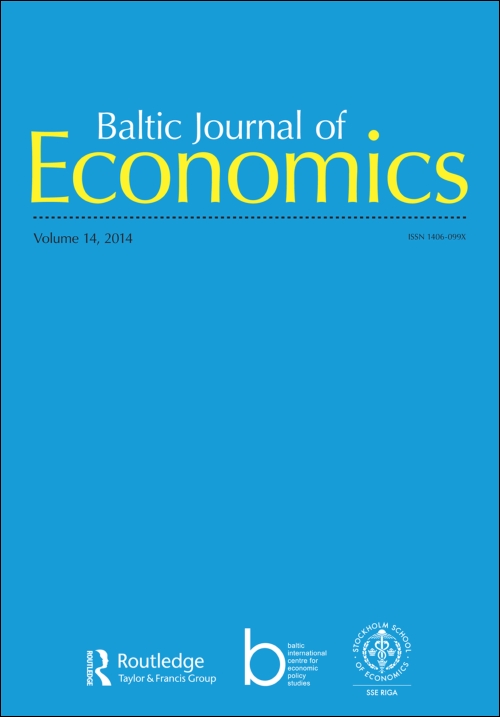Financial distress and cycle-sensitive corporate investments
Financial distress and cycle-sensitive corporate investments
Author(s): Kadri Männasoo, Peeter MaripuuSubject(s): Economy, Business Economy / Management, Micro-Economics, Financial Markets
Published by: BICEPS/SSE Riga
Keywords: company investments; corporate distress; cyclicality;
Summary/Abstract: This paper attempts to explain the link between corporate investments in different phases of the economic cycle and company financial distress. The data were derived from the Estonian Centre of Registers and Information Systems and contained the population of Estonian businesses from four economic activity areas – manufacturing; wholesale and retail trade; transportation and storage; and construction and real estate – and covered the period from 1995 to 2010. A firm was defined as distressed if it breached the minimum capital requirements set by law. The results demonstrate that all the investment-related factors matter for financial distress, with timing, intensity, sector, and type of investment all playing a role. Furthermore, the data seem to suggest that investment in tangibles is more cycle sensitive for the transport and construction and real estate sectors and investment in working capital is more cycle-sensitive for manufacturing and merchandise, which stresses the importance of getting the timing right for different investment types in different industries.
Journal: Baltic Journal of Economics
- Issue Year: 14/2014
- Issue No: 1+2
- Page Range: 181-193
- Page Count: 13
- Language: English

